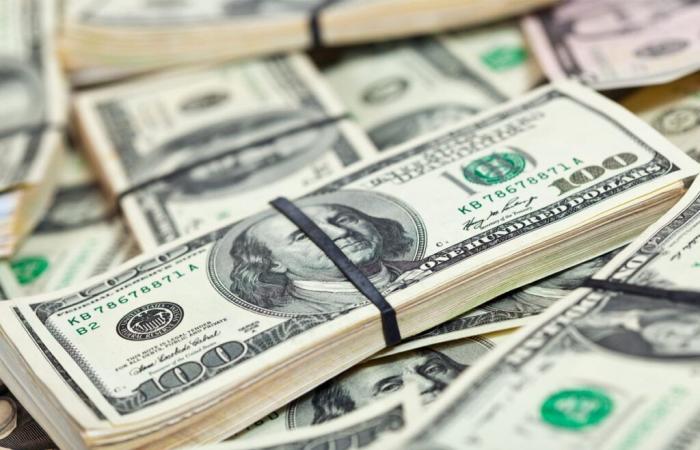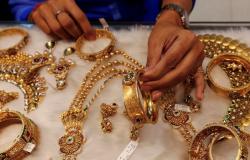
The latest weekend polls in the United States seem to indicate a tightening of predictions, making the outcome of the American presidential election a real gamble. Macroeconomic news released over the past week, including significantly below-expected labor market data compared to strong gross domestic product data, was also sharply negative for the Dollar, showing weakness in the U.S. United in relation to more favorable news than expected for the euro zone economy. However, moves were generally modest as the unpredictability of Tuesday's event looms over financial markets.
The impact of the American election on the dollar
Analysts point out that, in addition to the latest macroeconomic data, the continued weakness of the dollar since the beginning of the week is related to poll showing Kamala Harris with surprising three-point lead in Iowa. On Monday, another New York Times/Siena College poll showed Ms. Harris with slight leads in Nevada, North Carolina and Wisconsin and Mr. Trump just ahead in Arizona, among a few key states where elections are most contested.
In recent weeks, investors have increasingly positioned themselves for a Donald Trump victory, expecting pressure from his policies on immigration, tax cuts and tariffs. upward on inflation, bond yields and the dollar. Harris, meanwhile, is considered the continuity candidate.
According to the experts at Unicredit Research, a victory for Trump or the Republican Party would be positive for the dollar and would likely return the Euro-dollar exchange rate to recent lows below 1.08, while a Harris or Democratic Party victory would likely not take the exchange rate much beyond 1.10, being given that market expectations are also linked to rate cuts by the FED and the ECB. The outlook remains for slightly more aggressive easing in the Eurozone than in the United States.
As for the dollar-Japanese yen exchange rate, it could return above 154 in the event of a Trump victory (even if fears of intervention by the BoJ could prevent a more sustained rise above 155 and towards 160 ), while it should slide towards 150 if Ms. Harris wins. In either case, evidence that the US Congress will remain divided could trigger nervous reactions in the currency market.
The FED is also expected
But it's not just the long-awaited US elections that will influence the dollar. A number of macroeconomic data, including the ISM non-manufacturing survey, are also due this Tuesday, November 5, although analysts say it is unlikely that a decline in the US data will drag the US currency much lower than current levels. She will be rather influenced by the decisions of the Federal Reserve and its future prospectsNovember 6 and 7.
Ebury analysts believe the US central bank will meet market expectations by cutting interest rates by a further 25 basis points following the 50 point cut in September. “ While the Fed will almost certainly validate market expectations and cut 25 basis points this week “, they conclude at Ebury, “the market will focus on the directions for the next and last meeting in 2024, where expectations of a break, even if low, begin to increase. »





